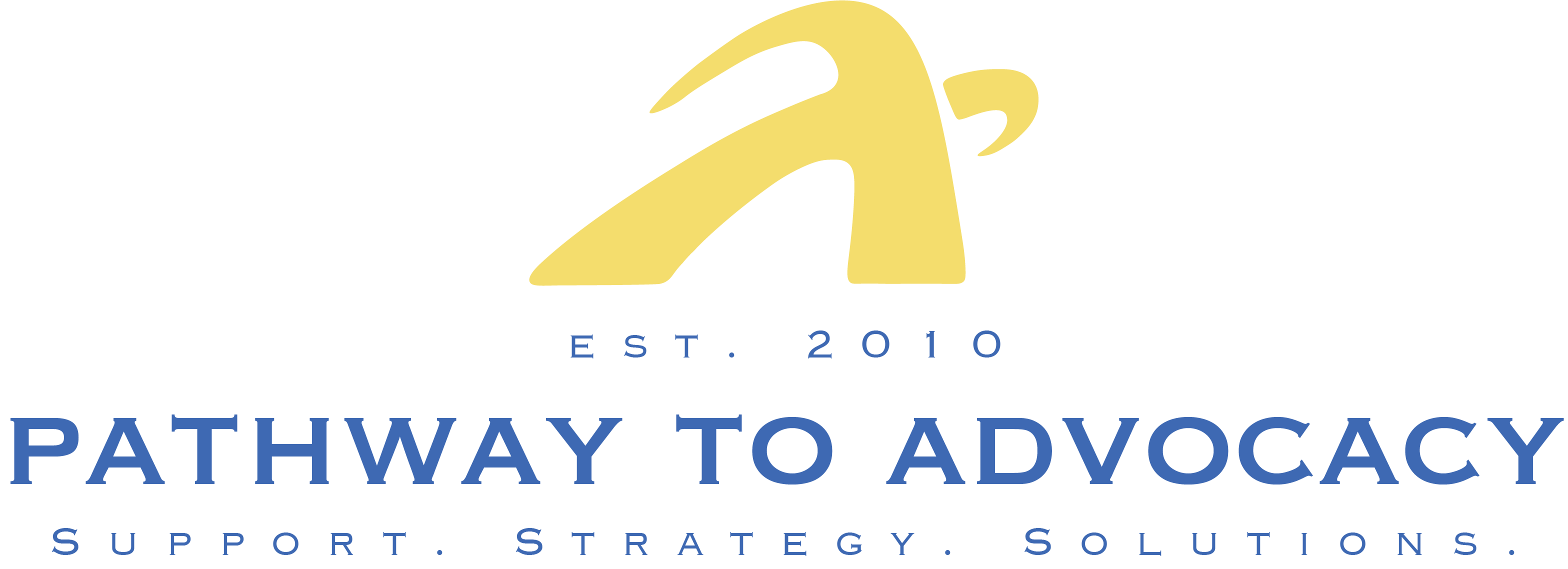There’s a quiet but common practice happening in school districts across California—and it’s time for families to understand exactly what’s going on.
If you’ve ever been asked by a district to “open and close” an IEP meeting—even when no actual meeting took place—this blog is for you.
Maybe you were told:
“We just need to open and close it for compliance reasons.”
“It’s just a technical step—don’t worry, we’ll meet later.”
“This helps us stay on track in SEIS.”
On the surface, this might sound harmless. But in reality, this practice can be deeply misleading, potentially fraudulent, and can harm your child’s educational record and access to timely services.
Let’s break down what this really means—and what you can do to protect your child’s rights.
What Does “Open and Close the IEP” Mean?
When districts say they want to “open and close” an IEP meeting without actually meeting with the full team, they’re often referring to a data entry process inside special education tracking systems like SEIS (Special Education Information System).
Here’s how it works:
-
The district misses a legally required IEP meeting deadline (e.g., annual review, triennial evaluation).
-
Instead of properly documenting the missed deadline, they ask the parent to agree to “open and close” the meeting for that missed date.
-
No meeting happens. No discussion. No decisions.
-
Later—sometimes weeks or months later—the actual meeting takes place. But the system shows it occurred earlier, creating the illusion of compliance.
This practice is done for procedural compliance, not in the best interest of the student—and it can have real consequences.
Why This Practice Is Problematic (and Possibly Fraudulent)
IEP records are legal documents. Falsifying or manipulating dates to create the appearance of compliance can:
-
Violate the IDEA (Individuals with Disabilities Education Act)
-
Undermine parent participation rights
-
Delay services or placement decisions
-
Skew timelines for assessments, annual reviews, and progress monitoring
-
Mislead auditors or oversight agencies reviewing district practices
In some cases, this may constitute educational record fraud—particularly if false dates are entered into the system that don’t reflect the true sequence of events.
You have the right to accurate documentation of when meetings occurred and what was discussed. Anything less is a violation of your rights and your child’s education.
What the Law Says
According to IDEA and California Education Code:
-
IEP meetings must occur within specific timelines.
-
Annual IEPs: within 12 months of the previous IEP
-
Triennial reevaluations: every 3 years
-
Initial evaluations: 60-day timeline to develop an IEP after consent to assess
-
-
Parents must be part of the team and have the opportunity to participate in decisions.
-
IEP meeting dates must reflect the actual date the team met.
There is no legal justification for opening and closing a meeting on paper just to enter data—especially without a legitimate team discussion.
What You Can Say (and Do) When This Happens
If a district asks you to “open and close” a meeting without a real meeting occurring, you are allowed to say no.
Here’s what you can say:
“I understand the district may be behind on timelines, but I do not consent to recording a meeting date unless the IEP team has actually met.”
“Please document the actual date of the meeting when it occurs. I’d also like written documentation explaining the delay and when the team will be reconvened.”
You can also:
-
Request that PWN (Prior Written Notice) be issued documenting any changes to timelines or procedures
-
Ask the district to document their internal delay in writing
-
File a compliance complaint with the California Department of Education (CDE) if timelines are repeatedly missed or data is being falsified
-
Request support from an advocate or attorney if you feel pressured or misled
You do not have to agree to practices that compromise your child’s rights or create a false paper trail.
Why This Matters
Accurate documentation isn’t just a technical issue—it’s about trust, transparency, and your child’s access to timely supports.
When IEP timelines are misrepresented:
-
Services can be delayed
-
Progress tracking becomes unclear
-
Future disputes become harder to prove
-
Your ability to advocate is undermined
Final Thoughts: Don’t Be Rushed, Misled, or Pressured
If you’re being asked to approve something that doesn’t make sense—or that didn’t really happen—you have every right to pause and question it.
This practice may be convenient for the district, but it’s not legal, and it’s not in the best interest of your child.
Need Help Holding Your District Accountable?
At Pathway to Advocacy, I work with families across California to:
-
Understand their procedural rights
-
Push back against compliance shortcuts
-
Prepare for and document IEP meetings
-
File complaints or take action when districts fail to follow the law
📩 Contact me if you need help responding to this kind of request—or if you want support at your next IEP meeting.
🔍 Learn more about my services
Together, we can ensure your child’s IEP is authentic, timely, and student-centered—not just a data entry exercise.




